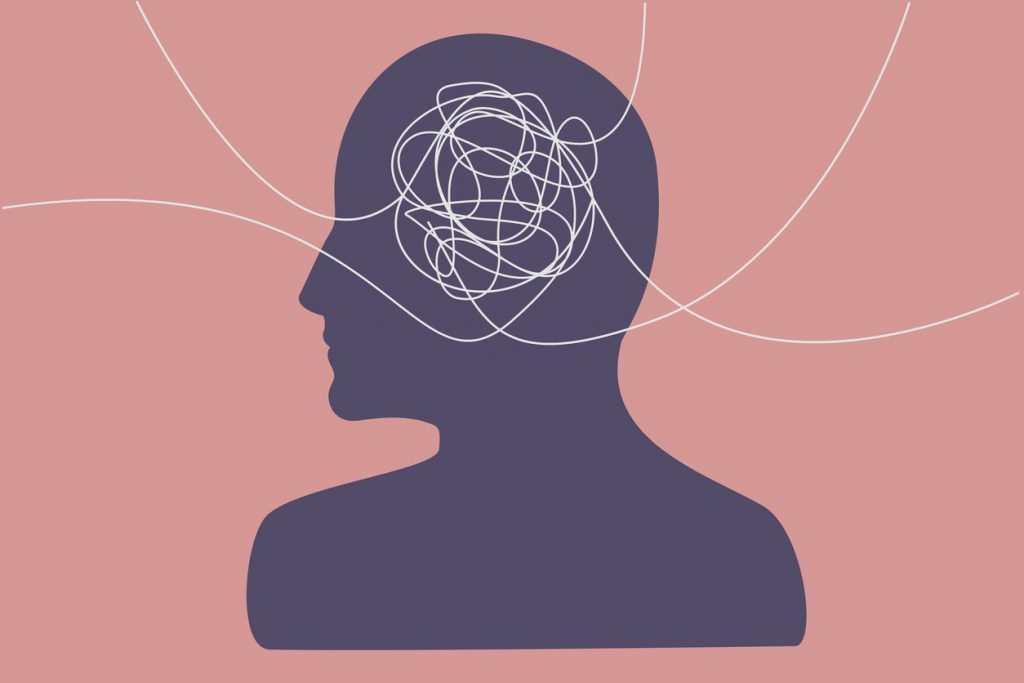Mental health and access to meaningful employment are inextricably linked. In fact, career counselling and development are mental health interventions. Our sense of identity, meaning, purpose, and livelihood, are directly connected to the contributions we make to our families and our communities. (Canadian Counselling and Psychotherapy Association – CCPA, 2019, p.1)
The above quote is an excerpt from the CCPA’s Issue Paper #4 on the critical role that career development has in the area of mental health and wellness. Building upon this premise, it is important that we, as career development professionals (CDPs), attend to the holistic self of our clients: purposefully addressing needs, priorities, transitions and decisions in both career and life. Overall wellness is vital for a long and satisfying career across the lifespan.
Historically, personal counselling and career development (CD) have been viewed as distinct, with the overlap of these domains overlooked in most training programs, licensure and professional development. As referenced in the CCPA quote above, there is an increasing call to view personal counselling and career development in tandem to offer a more robust helping experience for the clients we serve. This holistic balance is especially important when considering the unmet needs of clients who are marginalized, oppressed, underemployed or unemployed.
Some of the common myths and misconceptions about career development in training, practice and scholarship are that CDPs exclusively focus on sharing occupational information and administering career assessments; require less sophisticated skills (e.g. resume and cover letter writing, interview preparation); are directive in their approach and interventions; and are viewed as unrelated to mental health practitioners (MHPs).
In this three-part blog series, we propose to challenge the above myths and misconceptions about career development and mental health by emphatically stating that effective career interventions are also effective life interventions and that these two domains cannot be and should not be extricated from one another. We posit that effective career development work is more aptly named career-life development, which can then inform future training, practice and scholarship. Career-life development is holistic in nature and extends across one’s lifespan. It involves circumstances that shape one’s identity and associated priorities, possibilities, choices and decisions in career-life events and matters. One’s career over the lifespan is influenced by lifelong psychological and behavioural processes and contextual influences, which involves clients’ creation of a career pattern, decision-making style, integration of life roles, expression of values and life-role self-concepts.

Challenging the perception of CD
To emphasize the position of the career-life development synergy, we look to the following definition of “career development” provided by CERIC in its Glossary of Career Development:
Career development is the lifelong process of managing learning, work, leisure, and transitions in order to move toward a personally determined and evolving preferred future. There are a number of factors that influence career development, including interests, abilities, values, personality, background, and circumstances. Career development encompasses the development of the whole person and is more than just deciding on a major or a job; It really is a lifelong process, meaning that throughout life a person changes, situations change, and every individual must continually make career and life decisions (CERIC, n.d.).
Yet when one mentions career development practice, especially to individuals in the public or in careers or areas of study that are not in the career development realm, a general consensus still focuses on the first two sentences of the above definition and not on the latter two. It is our hope to change this – first by ensuring that we as CDPs, educators, researchers and ambassadors wholeheartedly embrace the stance of a synergistic approach to career development and mental health.
The intersection of CD and mental health
Based on our respective roles as practitioners and educators, we know that CDPs are committed to standards of excellence, are trained, competent, knowledgeable and effective. They understand the concepts of efficacy, agency and self-determination, and how these areas affect the career development of individuals. They are also aware that when effective career-life development work is carried out, clients tend to increase their self-efficacy, sense of accomplishment, agency, and ability to cope with transitions and uncertainties that typically bring them into our respective work settings. Effective career-life development work aids in reducing angst and anxious feelings that accompany the unknown. Career development professionals who embrace the notion that their work is career-life development broaden their scope of practice to purposefully include activities and interventions that attend to the whole person, thereby contributing to the person’s overall well-being.
Both CDPs and MHPs help clients identify and develop skills and abilities related to adaptability in the context of career-life development. Both professions have and continue to play important roles in terms of working with clients in operationalizing adaptability in relation to self-concept, values, interests, culture(s) and ultimately career-life satisfaction – recognizing the holistic self.
CDPs and MHPs each endeavour to enhance the efficacies of their clients to be able to cope with change, uncertainty and create some balance of self-determination and choice over the circumstances of their lives. This is not to say these professions are not unique in their training and competencies. Nor are we saying that each is to do the other’s work – that would be unethical and impractical. Rather, we are saying that there are more points of integration than is generally perceived.
“Effective career-life development work aids in reducing angst and anxious feelings that accompany the unknown.”
Equally, CDPs and MHPs work with whole people, whose career development needs, priorities and decisions are also personal (life) development needs, priorities and decisions. Life experiences and transitions (e.g. moving from one’s homeland to another country, family planning, seeking and sustaining work, finding satisfaction in one’s career and life) impact and influence individuals in a dynamic process. This process, in turn, shapes one’s interests, values, vocational preferences, competencies, self-concept and life roles (e.g. partner, parent, friend, ally, citizen) over the lifespan.
Therefore, we do not compartmentalize ourselves by taking our “career selves” off when we enter our homes, just as we do not remove our “personal selves” when we enter our respective workplaces. We may have differing roles and responsibilities in each of these career-life domains. We may behave slightly differently in these domains. Nevertheless, we are still “us.” Therefore, when we assist clients with their career development, we are also, by default, assisting them in a personal way.
The sooner we begin to recognize this integration of purpose and outcome in our practice, instruction, scholarship and professional training programs, the sooner due recognition can be given that career development is far more than what was traditionally thought. We posit that: Effective career-life development is a mental health and wellness intervention. This stance challenges outdated notions of continuing to embrace the false dichotomy of attending to career needs independently and distinct from the personal and vice versa.
In the second offering of our blog series, we will review current literature and theories which support the synergistic career-life development stance. In the third and final blog post, we will offer examples from the field about career-life development, including commentary from practitioners and participants who took part in programs focused on career-life development interventions and practice. We invite you to join us for this three-part blog series.
Learn about career development strategies, resources and virtual events in our free CareerWise Weekly newsletter.







It’s Important to Remember “Employment Transforms Lives” as Unemployment Rates Continue to Rise.
These really are unprecedented times, says @AndyLMilton. Nowhere will this be felt more acutely than in the careers advice sector as UK unemployment in 2021 is anticipated to rise to maybe 4 million (9%)… possibly even more.
https://www.fenews.co.uk/fevoices/59372-employment-transforms-lives
https://uploads.disquscdn.com/images/2ae2b4efdaed63df7e7651fc4801a4a6c0fd4f0fc072a98f74550acc772ceb02.jpg